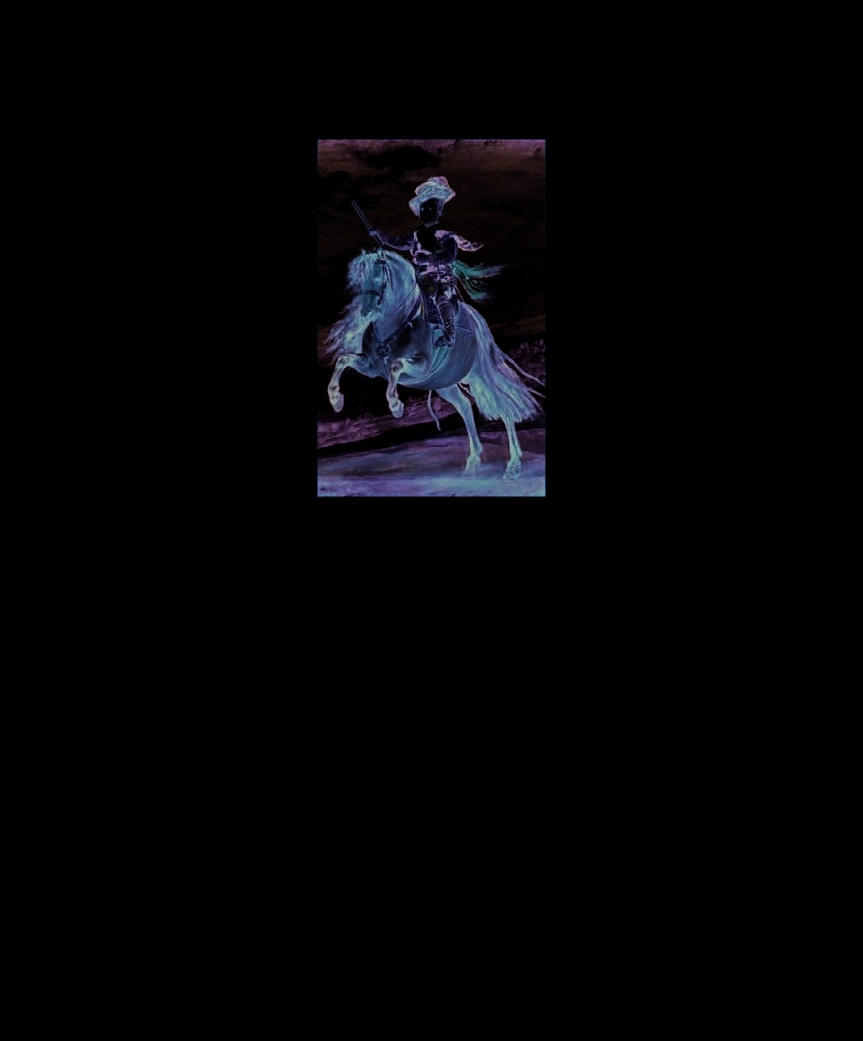The Psychology Book (83 page)
Read The Psychology Book Online
Authors: Unknown


264 JEAN PIAGET
the world around them as they move
IN CONTEXT
through the developmental stages.
He also believed that it is of primary
APPROACH
S
omewhere between his
roots as a precocious young
biologist and his later
fascination with epistemology, Jean
importance to nurture and guide
Genetic epistemology
Piaget carved out his own niche in
children on this journey, giving
BEFORE
a discipline that he called genetic
them the freedom to experiment
epistemology, the study of how
1693
English philosopher
and explore on their own, in a very
intelligence changes as children
John Locke’s
Some Thoughts
individual, trial-and-error manner.
grow. Piaget was not interested in
Concerning Education
suggests
The task of a good teacher is,
comparing levels of intelligence
a child’s mind is a tabula rasa,
therefore, simply to support children
between children of different ages
or blank slate.
on their journey through these
(quantitative cognitive change);
stages, constantly encouraging
1780s
German philosopher
his interests lay in the natural
their creativity and imagination,
Immanuel Kant introduces the
development of mental skills over
because “the goal of education is
concept of the schema and
time (qualitative cognitive change).
to create men and women who are
suggests that morality
Quantitative studies make possible
capable of doing new things.”
develops independently of
numerical comparisons, but Piaget
authority figures through
wanted to explore differences in
Learning is active
interaction with peers.
the types, experience, and qualities
One theme that pervades Piaget’s
of children’s learning, which
theory of intellectual development
AFTER
required “qualitative” research.
is the concept of learning as an
1907
Italian educator
Breaking away from the prevalent
active personal process. From
Dr. Maria Montessori
behaviorist model, which had
infancy through childhood, he
opens the first Montessori
linked child development entirely
says, learning arises from a child’s
school, which encourages
with environmental factors, Piaget
natural desire to sense, explore,
independence and respect for
decided to explore the innate, or
move, and then master. For this
natural developmental stages.
inborn, capacities that he believed
reason Piaget had many misgivings
guide children’s progression
about the notion of standardized
1970s–80s
Many Western
through a series of age-defined
testing, in which children undergo
education systems incorporate
developmental stages.
preformatted tests that have
a more child-centered
Piaget believed that children
“correct” answers to provide
approach to learning.
are active and autonomous learners,
quantitative measures of
using their senses to interact with
intelligence. While working on
A child’s cognitive processes are
Children move through
four stages
fundamentally different
from
of development
autonomously and
those of an adult.
independently.
Teachers must
provide tasks
The goal of education is to
that are appropriate to the child’s stage
create men and women who are
of development, and
nurture
capable of doing new things.
independent thinking and creativity.

DEVELOPMENTAL PSYCHOLOGY 265
See also:
Alfred Binet 50–53 ■ Jerome Bruner 164–65 ■ Lev Vygotsky 270 ■ Erik Erikson 272–73 ■ Françoise Dolto 279
■ Lawrence Kohlberg 292–93 ■ Jerome Kagan 339
standardizing intelligence tests
for Alfred Binet in the early 1920s,
he became interested less in a
child’s ability to produce correct
answers than in what those
answers actually were. Their
Education, for most
explanations revealed that
people, means trying to lead
children’s assumptions about how
the child to resemble the
the world works are very different
typical adult of his society.
to those of adults, leading Piaget to
Jean Piaget
believe that children not only think
differently to adults, but also that
children of different ages have
different methods of thinking.
The evolving mind
Since the 17th century, the
Children are not mini adults
who
idea that a child is effectively
simply do not yet know as much as
a miniature adult had held sway.
adults; rather, they see the world
Empiricist philosophers of the time
differently and interact with it in
had suggested that a child’s brain
a wholly distinct way.
works exactly like an adult’s, but has
fewer associations. Another group of
impersonal list of questions, this
reaching for a toy. So Piaget
thinkers, the psychological nativists,
flexible method allowed the child’s
concluded that action, rather than
claimed that certain concepts—
answers to determine the
social interaction, is the source
such as the ideas of time, space,
subsequent question. By following
of thought at this stage.
and number—are innate, or “hard-
the child’s line of thought, Piaget
This discovery formed part of
wired” into the brain, so babies
believed he could better understand
his theory that every child passes
are born with an ability to make
the processes underlying it. His
through various stages of cognitive
use of them. Piaget’s suggestion
rejection of a notion of quantitative
development, and that these stages
that children’s mental processes—
or measurable intelligence led to
are different in quality and are
from infancy to adolescence—are
some groundbreaking theories of
hierarchical. A child only moves
fundamentally different to an adult’s
childhood cognitive development.
on to the next stage upon genuine
was a radical and controversial
completion of the current stage. In
departure from this view.
Developing the intellect
studies and observations, Piaget
Piaget himself claimed that it
Piaget initially believed that social
determined that all children pass
is vitally important to understand
factors, such as language and
through the stages in the same
the formation and evolution of
contact with family members and
sequence, without skipping any or
intelligence during childhood,
peers, impacted most on children’s
regressing to previous ones. This is
because this is the only way we
intellectual development. However,
not a process that can be rushed,
can reach a full understanding of
while studying infants, he realized
and although children generally
human knowledge. His use of
that for them language is less
tend to go through the same stage
psychotherapeutic interviewing
important and their own activity is
at roughly the same age, each
techniques to ask children to
paramount. In the first few days of
individual child has his or her
explain their answers was inspired,
life, babies have limited bodily
own pace of development.
and it became an important tool
movements—mainly crying and
The four stages defined by
in all his research. Rather than
sucking—though they quickly
Piaget represent levels in the
adhering to a pre-determined and
begin to add new actions, such as
development of intelligence ❯❯

266 JEAN PIAGET
The Four Stages of Development
?
1
At the
sensorimotor
2
Children begin
3
During the
concrete
4
Verbal reasoning and
stage, babies learn about
to arrange objects
operational
stage, children
hypothetical thinking
the world through touch
logically during the
learn that quantities can
develop in the
formal
and their other senses.
pre-operational
stage.
take different forms.
operational
stage.
and, as such, they provide a list of
government.” Intelligent behavior,
begin to develop and use internal
the “schemas” that children make
according to Piaget, is comprised of
images, symbols, and language.
use of at that particular moment in
a growing collection of schemas.
This constitutes the second, or
their development. A schema is a
pre-operational, stage when a
representation in the mind of a set
Four stages of development
child is primarily interested in
of ideas, perceptions, and actions
Piaget’s first stage is called the
how things look or appear. They
that provide a mental structure
sensorimotor stage, and this spans
will demonstrate skills such as
to help us organize our past
the first two years of a child’s life.
arranging objects in a logical order
experiences, and prepare us for
During this period, infants learn
(according to height, for example),
future experiences. During infancy
about the world primarily through
or comparing two objects (such as
and early childhood, a schema can
their senses (sensori-) and through
blocks) through shared attributes,
be as simple as “things I can eat.”
physical action or movement
focusing on one perceptual quality
However, as children grow, their
(motor). Children at this stage are
(such as size or color) at a time.
schemas become more complex,
